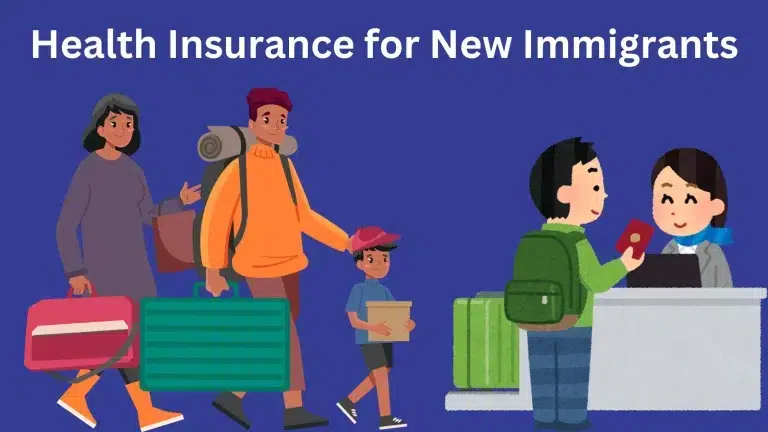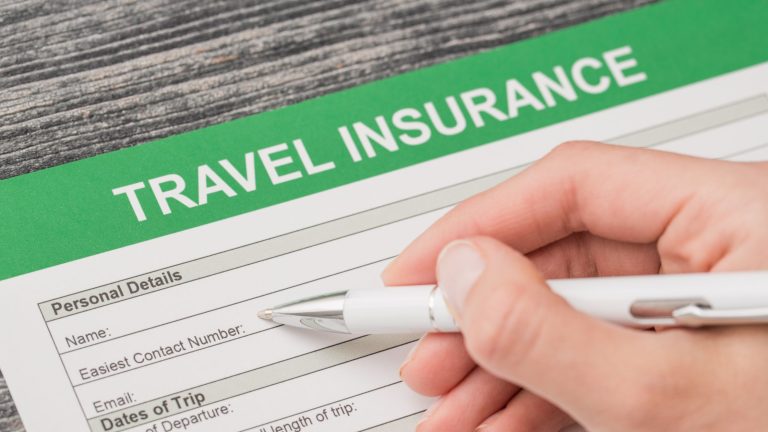Cheap Travel Insurance: 10 Ways to Get Great Coverage for Less
Traveling can be one of life’s greatest joys, but as costs continue to rise, saving money wherever possible has become more important than ever. Whether you’re booking flights at odd hours or choosing to travel during the off-season, there are plenty of strategies to make your trip more affordable. One area where you can also save money is travel insurance. Although it’s a necessary expense for peace of mind, you don’t have to break the bank to get good coverage. Here’s how to find cheap travel insurance without sacrificing the protection you need.
Understanding the Cost of Travel Insurance
Before diving into the tips, it’s essential to understand what affects the cost of travel insurance. Insurance providers calculate premiums based on several factors, including your age, the duration of your trip, and the coverage you require. Essentially, the more risk involved, the higher the cost.
For example, if you’re planning a month-long backpacking trip in a remote area, your insurance will likely cost more than a week-long beach holiday in a well-known resort. On average, travel insurance costs around 5-10% of your trip’s total cost, with the average policy price in 2024 being about $308. However, there are several ways you can reduce this expense.
1. Compare Different Travel Insurance Providers
One of the best ways to find cheap travel insurance is to shop around. There are more insurance companies offering travel coverage today than ever before, which means you have the opportunity to compare and choose the best deal. Start by getting quotes from at least three different providers, focusing not just on the price but also on what each policy covers.
Comparison websites can save you time by letting you view multiple quotes side by side. These platforms can help you quickly identify which policies offer the best value for money.
2. Check for Existing Coverage
Before purchasing a new policy, it’s worth checking if you’re already covered through other means. Some credit cards, for instance, include travel insurance as a perk, while certain health or homeowner’s insurance policies may also offer some level of travel protection. By reviewing these existing policies, you might find that you don’t need as much additional coverage, which can save you money.
If you discover you already have some coverage, take note of any gaps. For example, your credit card might cover trip cancellation but not medical emergencies. In this case, you could opt for a more affordable policy that only covers what you’re missing.
3. Determine Your Actual Coverage Needs
Travel insurance policies with higher coverage limits tend to come with higher premiums. However, not every trip requires the most extensive coverage available. It’s important to assess what coverage is truly necessary based on the specifics of your trip.
For instance, if you’re taking a short domestic trip, you might not need a policy with high medical evacuation limits. On the other hand, if you’re traveling internationally or participating in risky activities, more comprehensive coverage might be justified. Typically, a standard travel insurance policy with the following coverage limits is sufficient for most trips:
- Trip Cancellation: 100% of trip costs
- Trip Interruption: 100% of trip costs
- Emergency Medical: $50,000 per traveler
- Medical Evacuation & Repatriation: $100,000 per traveler
- Travel Delay: $150 daily limit, 6-hour delay period
- Baggage Delay: $200 per traveler
- Lost Baggage: $500 per traveler
Choosing coverage that aligns with your trip’s needs ensures you’re not overpaying for unnecessary benefits.
4. Consider an Annual Travel Insurance Policy
If you travel frequently, purchasing an annual travel insurance policy might be more cost-effective than buying separate policies for each trip. Annual policies cover multiple trips within a year, which can save you a significant amount of money.
These policies are especially beneficial for frequent flyers, offering consistent coverage across all your travels and eliminating the need to shop for insurance each time you book a trip.
5. Only Insure Non-Refundable Costs
When calculating the amount to insure, focus only on your prepaid, non-refundable expenses. These are costs you can’t recover if your trip is disrupted, such as non-refundable hotel bookings, flights, cruises, tours, and excursions.
For example, if you’ve purchased a refundable plane ticket, there’s no need to include it in your insured trip cost. The same applies to flights booked with frequent flyer miles. By only insuring what’s necessary, you can significantly lower your premium.
6. Opt for a Medical-Only Plan
Travel insurance typically comes in two forms: comprehensive plans and medical-only plans. Comprehensive plans cover a wide range of issues, including trip cancellations, while medical-only plans focus solely on health-related emergencies.
If you’re not concerned about trip cancellations, a medical-only plan could be a more affordable option. These plans can cost significantly less, making them a smart choice for budget-conscious travelers who still want to be covered in case of a medical emergency.
7. Select the Most Affordable Plan That Meets Your Needs
It’s easy to get caught up in comparing every detail of travel insurance plans, but sometimes, the simplest approach is best. If multiple plans offer similar coverage, don’t hesitate to choose the cheapest one that meets your needs.
Insurance companies use different methods to calculate premiums, which is why two similar policies might have different prices. As long as the cheaper option provides the coverage you require, there’s no need to spend more on a higher-priced plan.
8. Traveling with a Group? Consider Group Insurance
If you’re planning a trip with a large group of friends or family, group travel insurance might be a cost-effective solution. Group policies are designed for parties of 10 or more people and can offer substantial savings compared to individual policies for each traveler.
One advantage of group policies is that they often don’t factor in the age of travelers when determining the premium. This can result in a lower average cost per person, making it a great option for family reunions, weddings, or other group trips.
9. Avoid Buying Insurance Directly from Travel Suppliers
Many travel suppliers, such as airlines, cruise lines, and hotels, offer travel insurance at the time of booking. While this may seem convenient, these policies are often more expensive and offer less coverage compared to those from third-party providers.
Instead of buying insurance directly from your travel supplier, it’s usually better to get quotes from independent insurance companies. This allows you to compare policies and choose one that offers better coverage at a lower price.
10. Skip Unnecessary Add-Ons
When purchasing travel insurance, you’ll often have the option to add extra coverage, such as Cancel for Any Reason (CFAR) or rental car damage protection. While these add-ons can provide valuable coverage, they also increase the cost of your policy.
For example, adding CFAR coverage can increase your premium by up to 45%. If your goal is to keep costs down, consider skipping these extras unless they’re absolutely necessary for your trip.
Is Cheap Travel Insurance Worth It?
At the end of the day, the best travel insurance policy is one that provides you with peace of mind without breaking the bank. While it’s essential to have coverage for unexpected events like medical emergencies or trip cancellations, you don’t need to overspend to get good protection.
By carefully assessing your needs, comparing different providers, and considering money-saving strategies like annual policies or group coverage, you can find affordable travel insurance that doesn’t compromise on quality. Remember, the most expensive policy isn’t always the best—what matters is finding the right balance between coverage and cost.
Safe travels, and may your next adventure be both enjoyable and well-protected!






